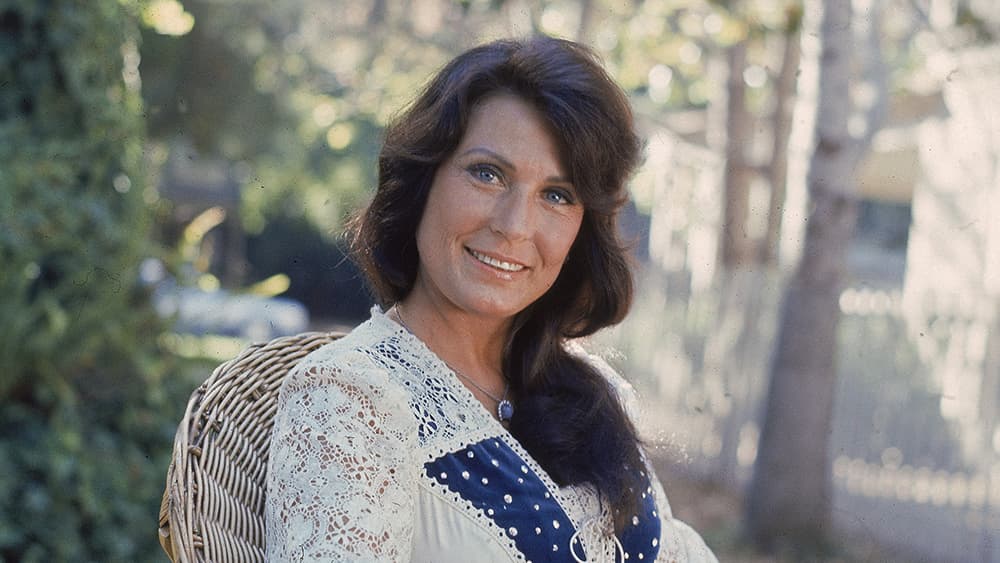
From Humble Hollows to Honky-Tonk Halls: The Heartfelt Ballad of Loretta Lynn’s “Coal Miner’s Daughter”
Loretta Lynn’s “Coal Miner’s Daughter” is a heartfelt autobiographical ballad that celebrates her roots and the simple, yet profound, life she led growing up in poverty in Butcher Hollow, Kentucky. It’s a testament to resilience, family, and the enduring spirit of the American heartland. Released in 1970, this iconic single reached number one on the Billboard Hot Country Singles chart, solidifying Lynn’s status as a country music legend and resonating deeply with a generation who understood the struggles and triumphs of working-class America.
Ah, Loretta Lynn. Just the name conjures up images of gingham dresses, a voice as strong as mountain steel, and stories that could make a grown man weep. In the tapestry of country music, her thread is woven with raw honesty and unwavering authenticity. When she gifted us with “Coal Miner’s Daughter,” it wasn’t just a song; it was a living, breathing chronicle of her life, a chapter ripped straight from the heart of Appalachia. This wasn’t some polished, manufactured tale; it was the real deal, sung by a woman who knew hardship as intimately as she knew her own family.
Imagine, if you will, the backdrop: Butcher Hollow, Kentucky, a place where the mountains stood like silent guardians and the air was thick with the scent of coal dust. Loretta, born Webb, grew up in a humble cabin, one of eight children, in a world where survival was a daily battle. Her father, Ted Webb, was indeed a coal miner, a man whose strength was etched into his calloused hands and whose love for his family was as deep as the mines he descended into. The song, a simple melody carried by Lynn’s unmistakable voice, paints a vivid picture of this life – a life of hard work, simple pleasures, and unwavering family bonds.
The beauty of “Coal Miner’s Daughter” lies in its unpretentious honesty. It doesn’t romanticize poverty; instead, it celebrates the resilience and spirit that allowed a family to thrive against all odds. It speaks of the simple joys of childhood, of playing in the creeks and fields, of finding beauty in the everyday. It’s a reminder that true wealth isn’t measured in dollars and cents, but in the love and support of family and community.
Beyond the personal narrative, “Coal Miner’s Daughter” struck a chord with a nation grappling with its own identity. It resonated with the working class, who saw their own struggles reflected in Lynn’s story. It became an anthem for those who felt overlooked and forgotten, a testament to the enduring power of the American dream. The song’s success also paved the way for the autobiographical film of the same name, released in 1980, starring Sissy Spacek, further cementing Lynn’s legacy and bringing her story to a wider audience. The “Coal Miner’s Daughter” album, released in 1971, was a commercial success, further solidifying the song’s impact.
For those of us who remember those times, who recall the crackle of vinyl on a record player and the comforting warmth of a familiar voice, “Coal Miner’s Daughter” is more than just a song; it’s a memory. It’s a reminder of a simpler time, when music told stories that resonated with the soul, when authenticity was valued above all else. And as we listen to Loretta’s voice, we’re transported back to Butcher Hollow, back to a time when the mountains held secrets and the heart of a coal miner’s daughter sang a song that would echo through generations.